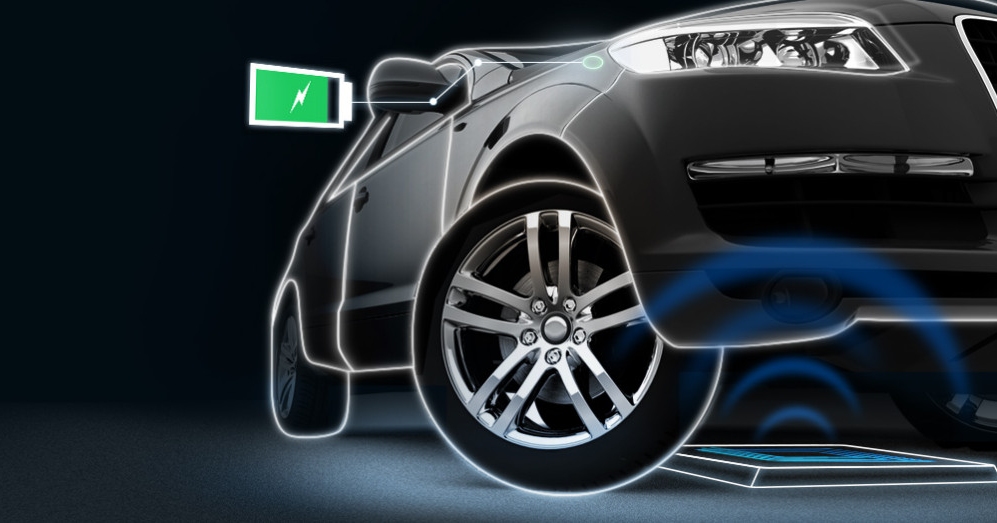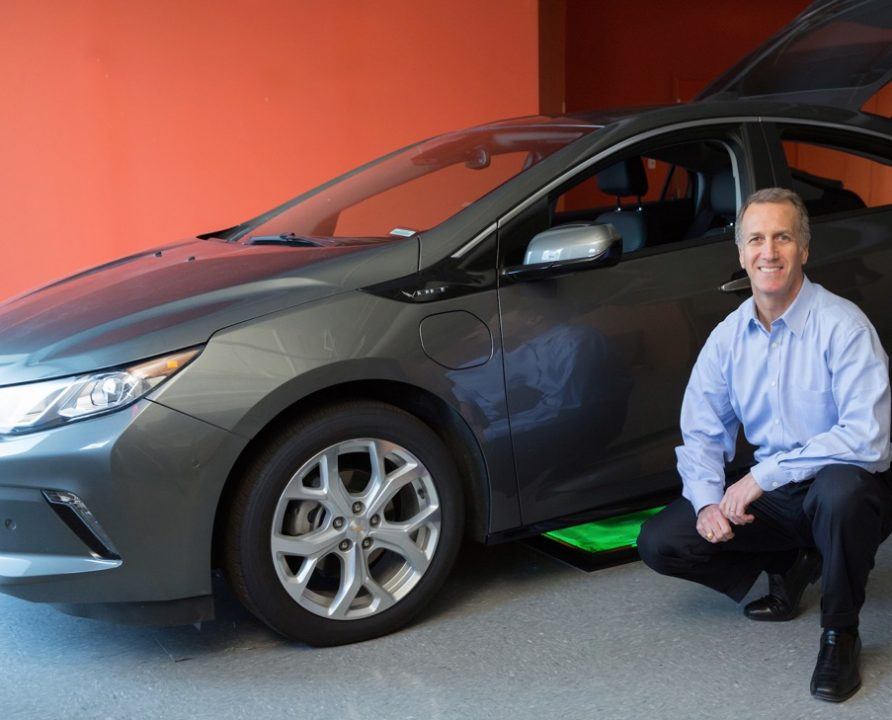Smartphones seemed like the perfect platform to fast track wireless charging to mainstream success. The idea was to eliminate the “first world problem” of having to physically connect your phone to a charging cable by replacing said cable with a charging mat. Simply place your smartphone on the mat and voila, it begins charging automatically.
In practice, however, it’s more proof of concept than practical feature – at least, at this stage of the game.
Because your phone must be placed on the mat while charging, you can’t really use it as you could if it was connected to a cable. In that sense, it’s really more “plugless” than “wireless.” What’s more, wireless chargers typically aren’t included with your smartphone, adding an additional expense for a feature that’s arguably less convenient.
As such, adoption of wireless smartphone charging has progressed slower than many anticipated but that doesn’t mean we should give up on the concept entirely. Indeed, maybe current wireless charging technology would be better suited for a different application entirely… like the automotive industry.
WiTricity, a wireless charging technology company, recently announced a partnership with General Motors in which the two will test a prototype wireless charging system for electric vehicles.

The WiTricity Drive 11 park-and-charge system is said to be designed for maximum efficiency and compatibility, allowing drivers to simply pull their vehicle into their garage and park directly over the wireless charging mat. Similarly, the charging pad can be installed under pavement for a seamless garage install or perhaps more commonly, in public and commercial parking lots.
Pamela Fletcher, GM Executive Chief Engineer – Electrified Vehicles, said wireless charging is a technology that customers have told them they are interested in. By testing the WiTricity prototype system, Fletcher added, they can ensure that wireless charging systems will comply with proposed industry standards which benefit both the auto industry and consumers.
WiTricity CEO Alex Gruzen noted that wireless charging for EVs, based on industry standards, is inevitable as we move toward a future of self-driving and autonomous vehicles. This project, he said, brings them one step closer to realizing their vision of a world powered wirelessly.

Initial testing, in compliance with standards proposed by SAE International’s J2954 Committee, will focus on 7.7 and 11 kW charge rates, we’re told.
GM isn’t the only partner WiTricity is working with as the company also has licensing agreements in place with other well-known automotive players including Toyota, Delphi, TDK, IHI and BRUSA.
Imagine a world in which self-driving vehicle fleets shuttle people around during the day and return to designated charging spots between rides or overnight. Aside from basic maintenance, there would be very little human oversight needed. And on the consumer side, most people park their vehicles in the same spot overnight on a pretty regular basis. Not having to remember to plug in your EV combined with not having a reason to swing by your local gas station is both convenient and practical.
https://www.techspot.com/news/67494-wireless-charging-may-better-fit-automotive-industry.html
